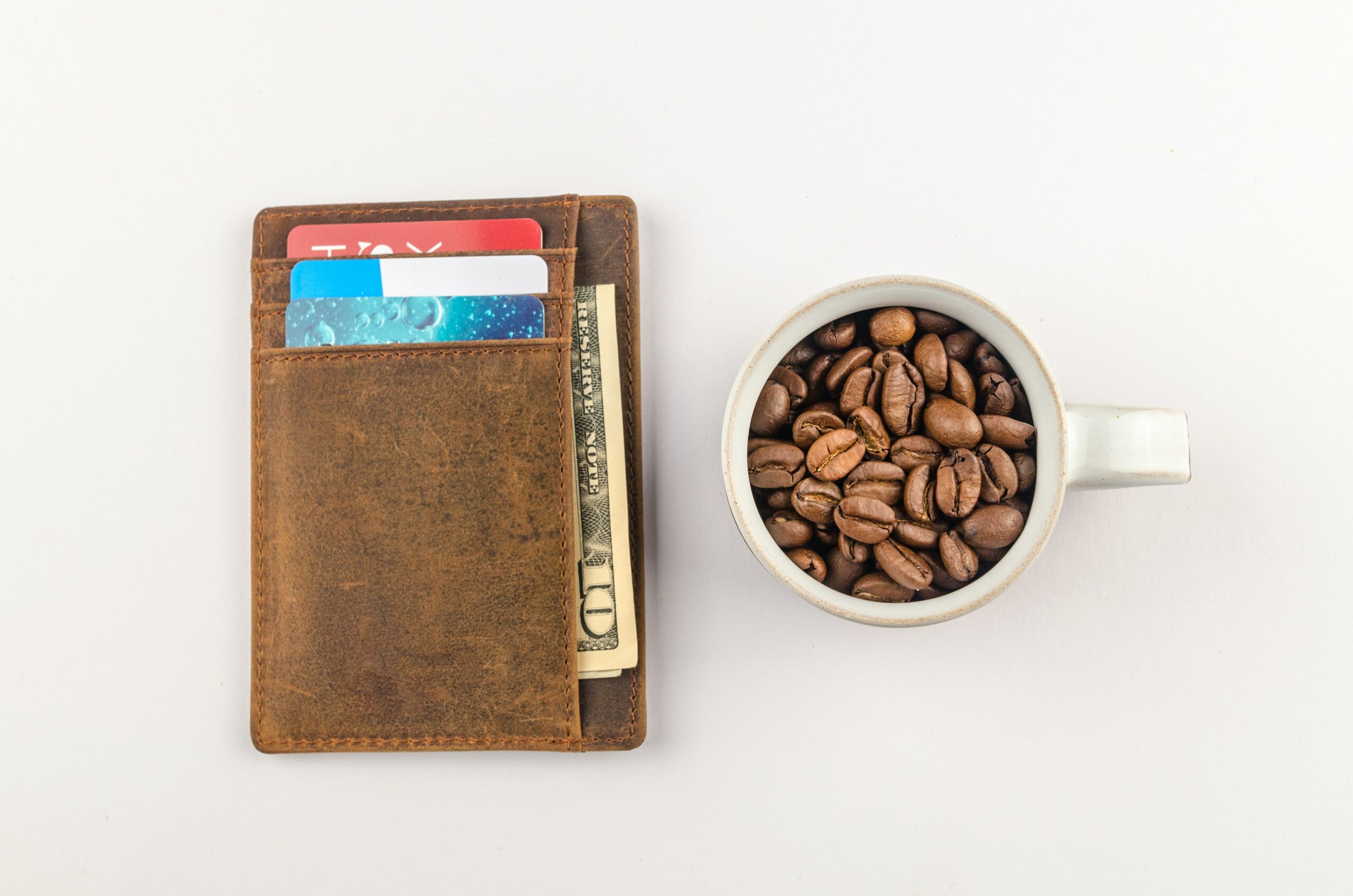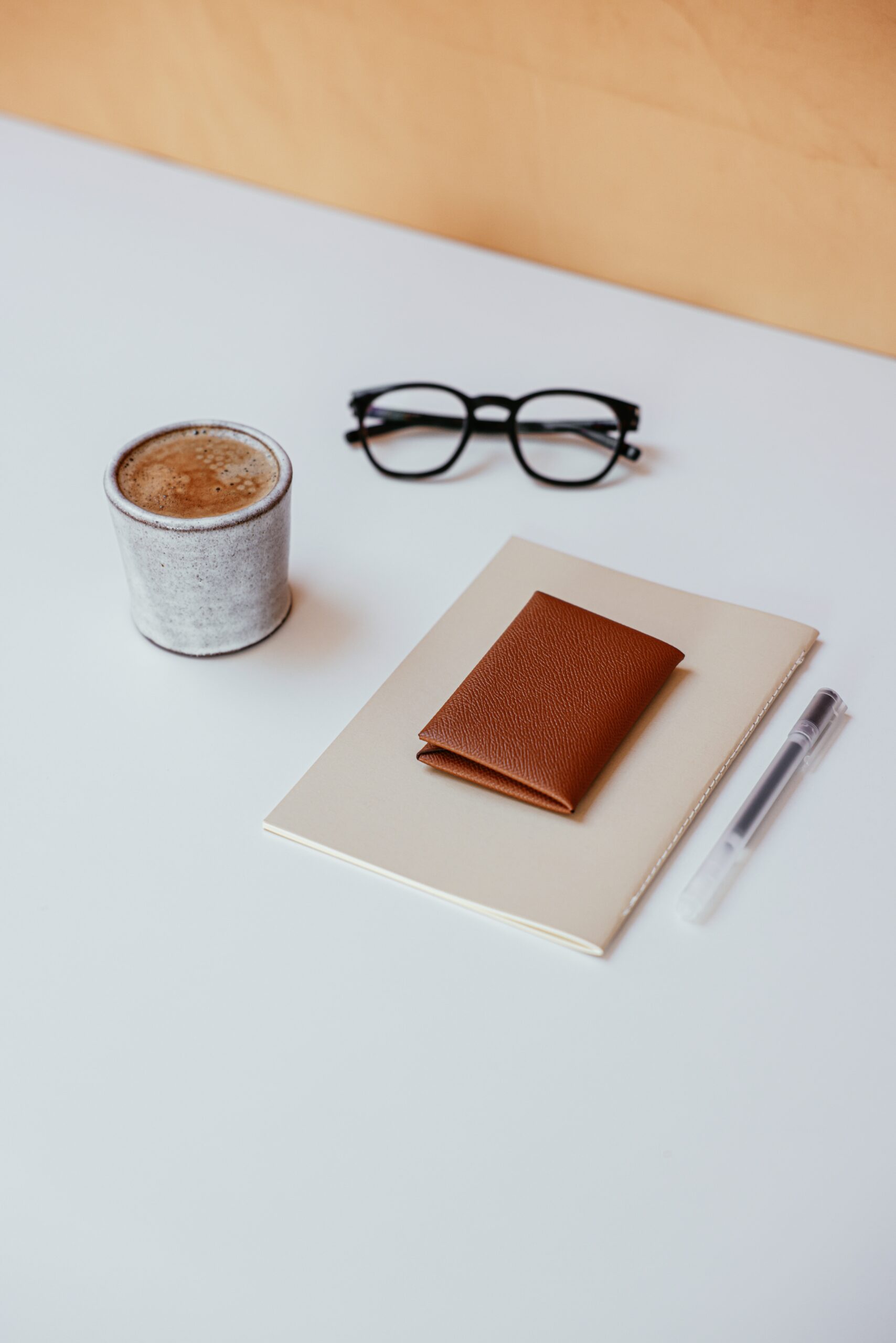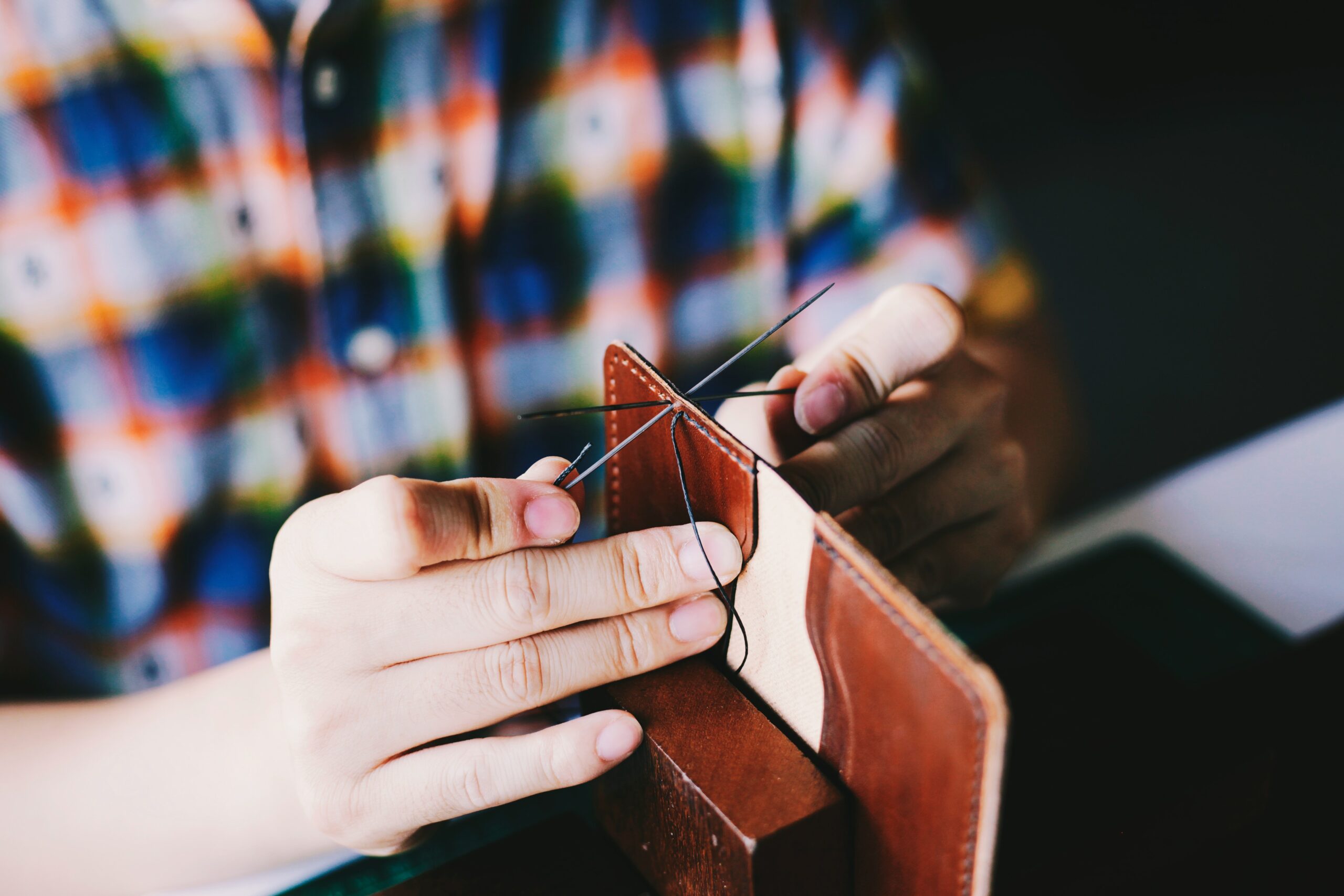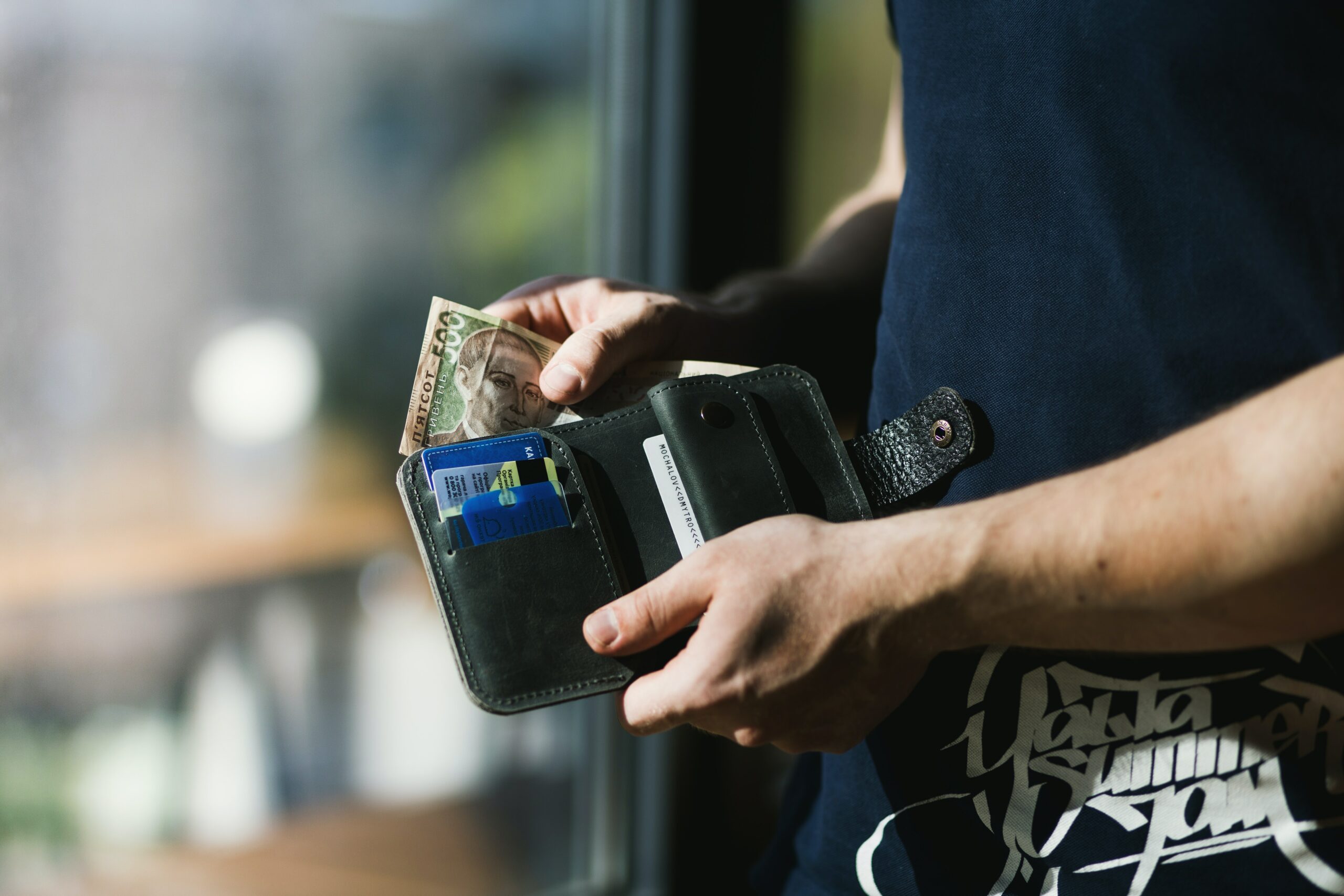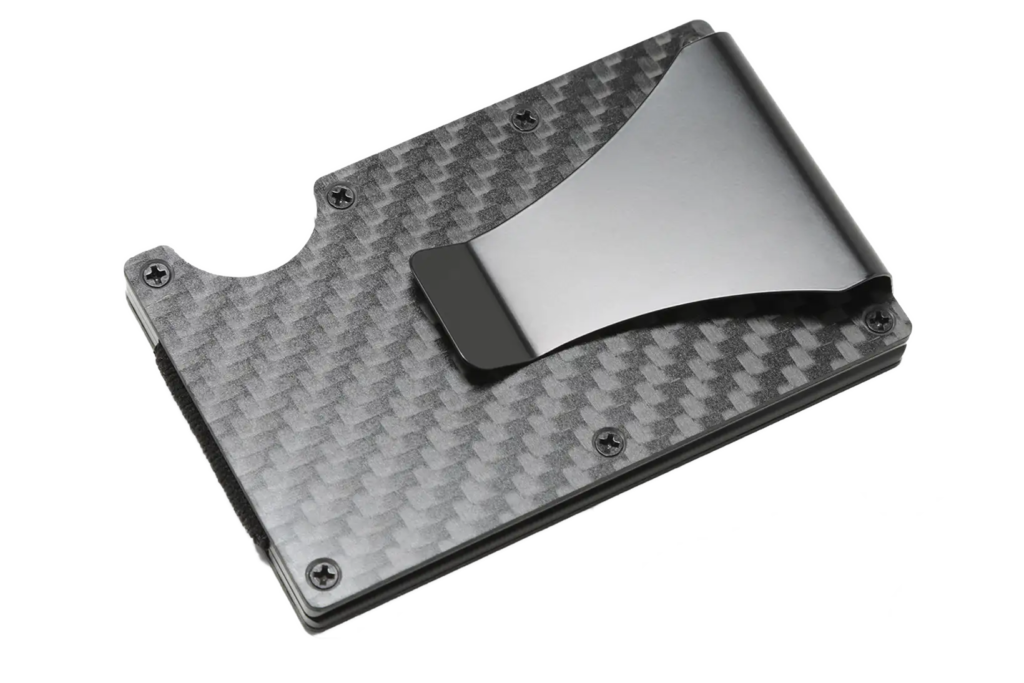In an earlier post, I explained what you should always keep in your wallet and why it’s a good idea to pair down its contents.
In this post, I want to dig a little deeper into the question of what you should not carry in your wallet.
The guiding principle, in this case, is to mitigate the risks associated with identity theft. Don’t carry anything in your wallet that could easily be used to steal your identity, should it fall into the wrong hands.
While certain things should be removed, such as your social security card, there are less obvious things. This post will address some commonly carried things that are better left at home and explain a few alternative workarounds.
Never Carry These Ten Things
Social Security Card
It is now a well-known fact that you shouldn’t carry your social security card, and most people now leave it in a secure place at home. Your social security number (SSN) is the most critical information that an identity thief can use to fraudulently obtain money and credit or open accounts in your name. If they have additional basic information, much of which is readily available online, they can obtain credit cards and loans, which they have no intention of paying off.
Beyond that, less apparent forms of fraud can involve obtaining employment using your name or filing your tax return and directing the refund to an account the thief controls. If someone gets a job using your SSN, you will have unreported income when you file your yearly return, which can trigger an audit.
You need to memorize your SSN and not carry any documents that list it. Other workarounds are not wise. For example, a friend once explained that he couldn’t remember it, so he wrote it on paper as a telephone number, adding an extra number at the end. He kept the note in his wallet. While this seems an ingenious solution, I still think it is risky. Identity thieves are often very sophisticated, and I wouldn’t put it past them to know that people sometimes do this.
Birth Certificate
When my daughter was born, I learned that birth certificates are much smaller than in years past. Her’s is about the size of two business cards, making it tempting to carry.
Avoid the temptation. You do not need your birth certificate regularly, and if it falls into the hands of a thief, it can be used to obtain fraudulent documents.
Checks
Very few of us carry checkbooks, but I know some people keep a folded, blank check in their wallet, “just in case.” This is an unnecessary risk. A blank check can be written in any amount, and it contains your bank’s routing and account numbers. It is an identity thief’s dream come true since it alone can provide them with quick cash. All they have to do is forge the check and cash it. They can also use the account information to initiate a transfer.
Leave your checks at home. If you are worried about having a backup source of money, it is better to carry a small amount of cash or a second credit card. You are protected from having to pay for fraudulent purchases charged to a credit card if it is stolen.
Spare Key
I kept a spare key in my wallet when I got my first apartment. It didn’t take long for me to recognize how silly and unwise this was.
Carrying a key makes your wallet uncomfortable and grants a thief access to your home, particularly since your driver’s license or other state-issued identification contains your address.
Once I recognized this, I decided to keep my spare key at a family member’s house instead. You can do the same if you have a trusted friend, partner, or family member who lives nearby. You could also consider installing a new lock that has a keypad.
Passport Card
Unless you are traveling, don’t carry your passport or passport card. It functions as legitimate photo identification, so stolen passports are highly valued on the black market.
Password Cheat Sheet
I recently learned that my mom keeps a cheat sheet that lists all her online accounts and passwords. To her credit, she has included only the first two characters of her passwords since she just needs them to help jog her memory. Regardless, this is a bad practice. Providing an identity thief with even part of your passwords gives them a leg up.
If you absolutely cannot remember your passwords, consider investing in a digital password wallet. If that isn’t an option, you can create a secure note on a smartphone or move a picture of a cheat sheet to a locked photos folder.
Excessive Cash
It’s helpful to have some backup cash on hand but never carry it in excess. When deciding how much to carry, gauge your need and acceptable risk level. You want enough to avoid an embarrassing or frustrating situation, but you don’t want to carry so much that it would constitute a profound loss if your wallet is lost or stolen. I think that $50 is often sufficient. This is usually enough to cover a situation where cash is required, but an ATM isn’t available. Although I wouldn’t be happy if I lost $50, it wouldn’t be that big of a hit.
Multiple Debit Cards
You should only carry one bank or debit card and one credit card. If you must have a third card as a backup, select a credit card, not a debit card. Fraudulent charges to a bank card draw immediately from your checking or savings account, and reversing them can take a while.
Receipts
Receipts often contain at least some of the digits from your credit or debit cards. Rather than carrying them around, make it a practice to empty them from your wallet and file them away each evening.
Vaccination Card
In the new post-pandemic world, many of us now have COVID-19 vaccination cards, which sometimes contain background information. Check if yours lists your date of birth, emergency contact, home address, etc. If it does, you shouldn’t carry it. Even if you have to show proof of vaccination regularly, you can use a photo of the vaccination record on your smartphone.
Weigh the Risks of These Items
Medical Insurance Cards
In the United States, it used to be that Medicare cards included program participants’ SSN. For this reason, security experts advised that they shouldn’t be kept in a wallet or purse. Fortunately, this changed beginning in 2018. Under the Obama administration, the Social Security Administration was directed to remove SSNs from all program identification cards. As of 2019, the ruling has been in place, so keeping a Medicare card in your wallet is now relatively safe.
Of course, if you have a different type of medical insurance card, double-check to make sure it doesn’t contain your SSN. Most do not.
When deciding whether to carry a health insurance card, weigh the possible risks against the convenience carrying it will afford you. On the one hand, a thief could fraudulently use an insurance card to obtain medical care. On the other hand, having your insurance card with you can be handy, particularly if you travel often. In the unfortunate case that you have to seek medical care when away from home, having your card with you and producing it at the point of care will save you from having to file a claim after the fact manually.
Your Work ID
Some people find it necessary to carry a work ID with them, but unless you have to — as is the case for some government or military employees — try to avoid doing so. It opens you up to risk and your employer and worksite since it could be used to gain entry. You don’t want to forget it when you head to work, so strike a balance between easy access and security. If you keep it with you but discover that your wallet has been lost or stolen, be sure to contact your employer and have them deactivate it.
Unredeemed Gift Cards
Losing some gift cards — such as a small-dollar card for a coffee shop — wouldn’t be a profound loss. However, if you lose one with a substantial amount of money on it, you probably won’t ever get the money back. With that in mind, limit the number of gift cards with significant balances only to those you will likely use immediately. Keep the rest in a secure location in your home.
Eliminate Other Unnecessary Bulk
Beyond these security precautions, I recommend keeping your wallet as slim as possible. A slim wallet is better on your back, is easier to conceal, and is better organized. Considering that, consider removing any punch cards, photos, and rewards or membership cards. None of these things are essential and add extra bulk to your wallet. If you can’t part with a particular item, consider keeping it in your car, backpack, or briefcase.
Recommended Reading
Learn more about Karbone Wallet
Learn more about items every man should have in his wallet
Learn more about what to do if you lost your wallet

